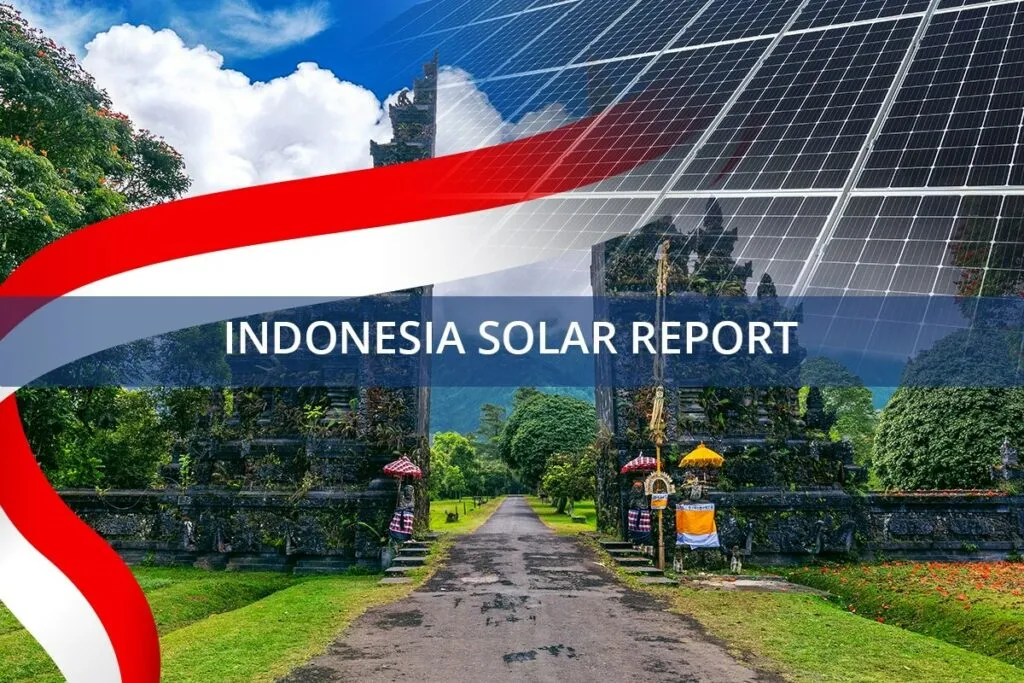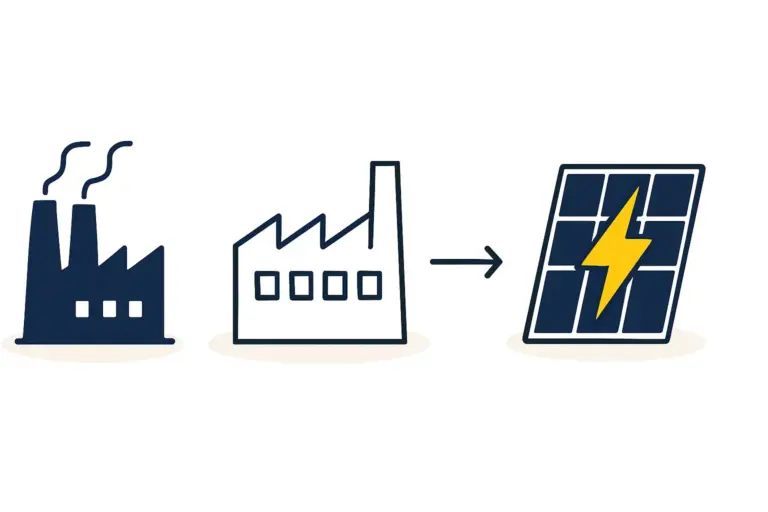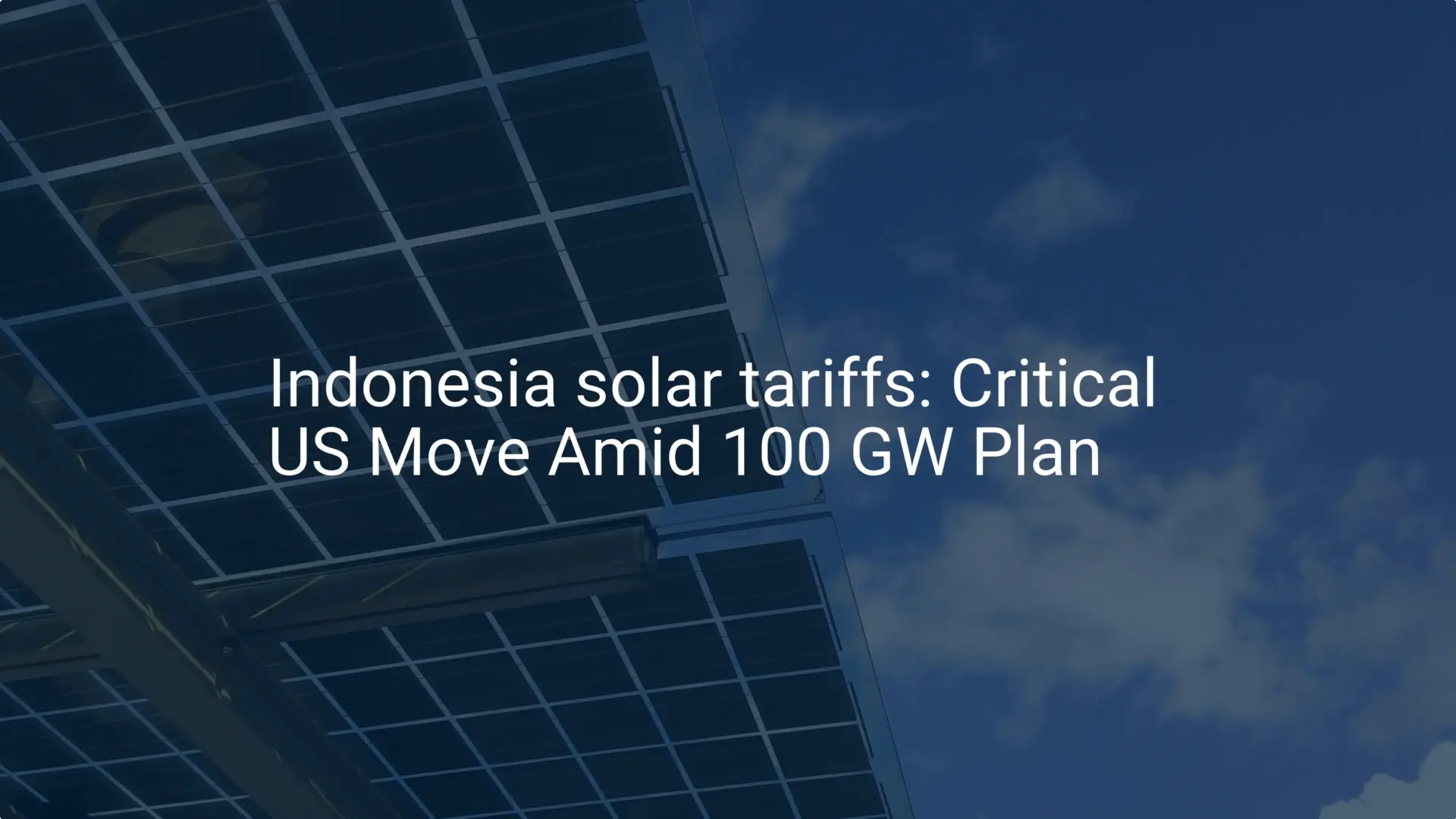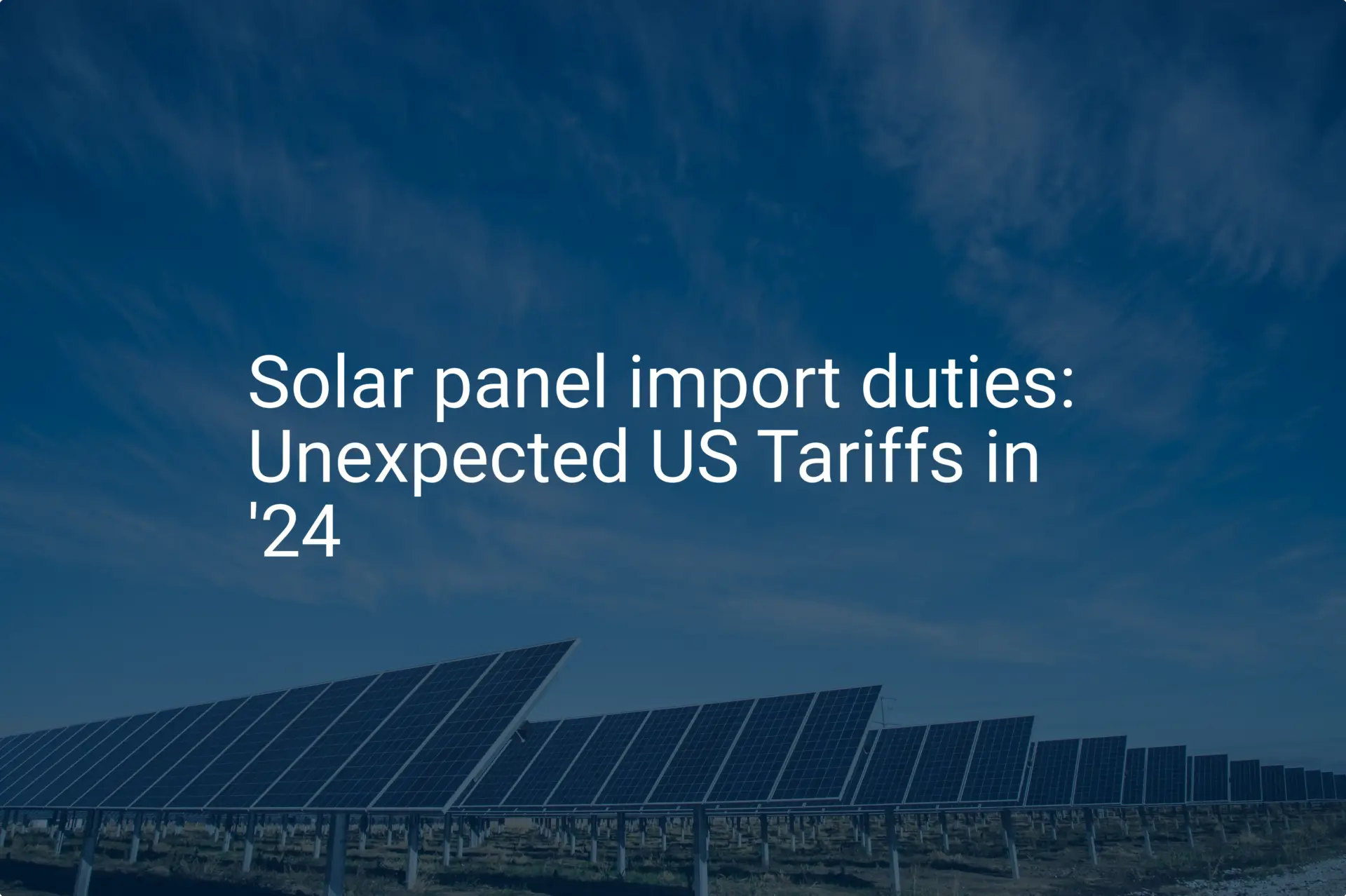An entrepreneur planning to establish a solar panel factory in Indonesia might look at the country’s large, youthful population and assume that finding labor will be straightforward. With a median age of around 30 and a robust system of vocational schools, the talent pool certainly appears vast. The reality on the ground, however, presents a distinct challenge: while a large general workforce is readily available, talent with direct experience in photovoltaic manufacturing is exceptionally rare.
This situation should not be seen as a barrier, but rather as a key strategic consideration. Success hinges not on finding pre-trained experts, but on establishing a systematic process to develop them in-house. This guide outlines a practical framework for sourcing, training, and retaining a competent technical team for a new solar panel assembly plant in Indonesia, transforming the country’s demographic potential into a tangible operational advantage.
Understanding Indonesia’s Labor Landscape: Potential and Paradox
Indonesia’s labor market is characterized by a “demographic bonus”—a period where the working-age population is larger than the dependent population. This creates a significant opportunity for manufacturing investors, an advantage the government has actively supported through initiatives like the “Making Indonesia 4.0” roadmap and a strong emphasis on vocational high schools (Sekolah Menengah Kejuruan, or SMK).
However, this potential is met with a paradox: the skills gap. While graduates from technical SMKs may possess a good theoretical foundation in mechanics or electronics, they often lack the specific, hands-on experience required for operating sophisticated production equipment.

For a new factory owner, the core challenge lies in bridging the gap between general technical education and the precise demands of solar module assembly. This involves recognizing that the initial investment is not just in machinery, but equally in developing human capital.
Sourcing Strategies: Where to Find Promising Candidates
Given the scarcity of direct solar manufacturing experience, the recruitment process must prioritize aptitude and attitude over a specific resume history.
Strategic Partnerships with Vocational Schools
Collaborating directly with leading SMKs in industrial regions provides a pipeline of young, motivated individuals with foundational technical knowledge. These institutions are often eager to place their graduates in modern industries. Building a relationship can involve guest lectures, factory tours for students, or internship programs, which helps establish the company as a preferred local employer.
Focusing on Industrial Hubs
Skilled and semi-skilled labor is most concentrated in established industrial zones on the island of Java (such as the areas around Jakarta, Surabaya, and Bandung) and specialized economic zones like Batam. Recruiting from these areas yields candidates who are already familiar with a factory environment, industrial safety standards, and the general discipline of manufacturing work.
Assessing Aptitude Over Experience
The ideal candidate for an operator role isn’t necessarily someone with prior experience, but someone who demonstrates strong mechanical aptitude, attention to detail, and a capacity for systematic learning. During the interview process, practical tests—such as simple assembly tasks or logic puzzles—can be more revealing than a conversation alone. A candidate’s willingness to learn and to work within a structured team is paramount.
Ultimately, the entire production team will be guided by its leadership. Selecting a competent and experienced Production Manager in a Solar Factory is therefore one of the most critical early hires, as this individual will be instrumental in implementing the training program and overseeing day-to-day operations.
Designing an Effective Training Program: From Theory to Practice
A structured, multi-phase training program is essential to transform motivated recruits into a proficient technical team. Based on experience from J.v.G. turnkey projects, a successful program typically unfolds over four to six weeks.
Phase 1: Foundational Knowledge (Classroom)
The initial phase focuses on theory, where operators learn the “why” behind their work. Key topics include:
- PV Technology Basics: How a solar cell works and how modules generate electricity.
- Quality Standards: Understanding concepts like micro-cracks, delamination, and electrical integrity (e.g., IEC 61215).
- Safety Protocols: Electrical safety, material handling, and emergency procedures.
- Process Flow: An overview of the entire production line, from cell stringing to final inspection.
This phase also covers the critical protocols for working inside a controlled environment, a topic directly related to Factory Layout and Cleanroom Requirements.
Phase 2: Hands-On Machine Training
This is the most critical phase, where theoretical knowledge translates into practical skill. Trainees work in small groups directly on the equipment they will operate. This includes detailed instruction on the core Key Machinery in Solar Panel Manufacturing, such as:
- Cell Stringers: Handling delicate solar cells and understanding soldering parameters.
- Layup Stations: Assembling the module “sandwich” with precision.
- Laminators: Operating the machine and understanding temperature and pressure cycles.
- Framing and Junction Box Stations: Performing the final assembly steps correctly.
Repetition is key. Trainees perform tasks repeatedly under supervision until their movements are precise and confident.

Phase 3: Process Integration and Teamwork
In the final phase, the focus shifts from individual tasks to the collective workflow. The team practices running the entire line together, learning how the output of one station affects the next. This phase reinforces the importance of communication, mutual support, and shared responsibility for quality—principles that align well with the Indonesian cultural concept of Gotong Royong (mutual cooperation).
The Long-Term Value: Building a Self-Sustaining, Skilled Team
The upfront investment in comprehensive training delivers long-term returns through higher production yields, lower defect rates, improved safety, and better employee retention. A well-trained and respected team becomes a company’s most valuable asset, capable of adapting to new technologies and driving continuous improvement.
A mature training program can also evolve into a “Train the Trainer” model. By identifying top-performing operators and developing them into internal trainers, the factory can build a self-sustaining system for onboarding new hires during future expansions. This reduces reliance on external experts and embeds deep institutional knowledge within the local team. For more on this, exploring the broader context of Labor & Supply Chains provides further insight into building a resilient and efficient operational base.
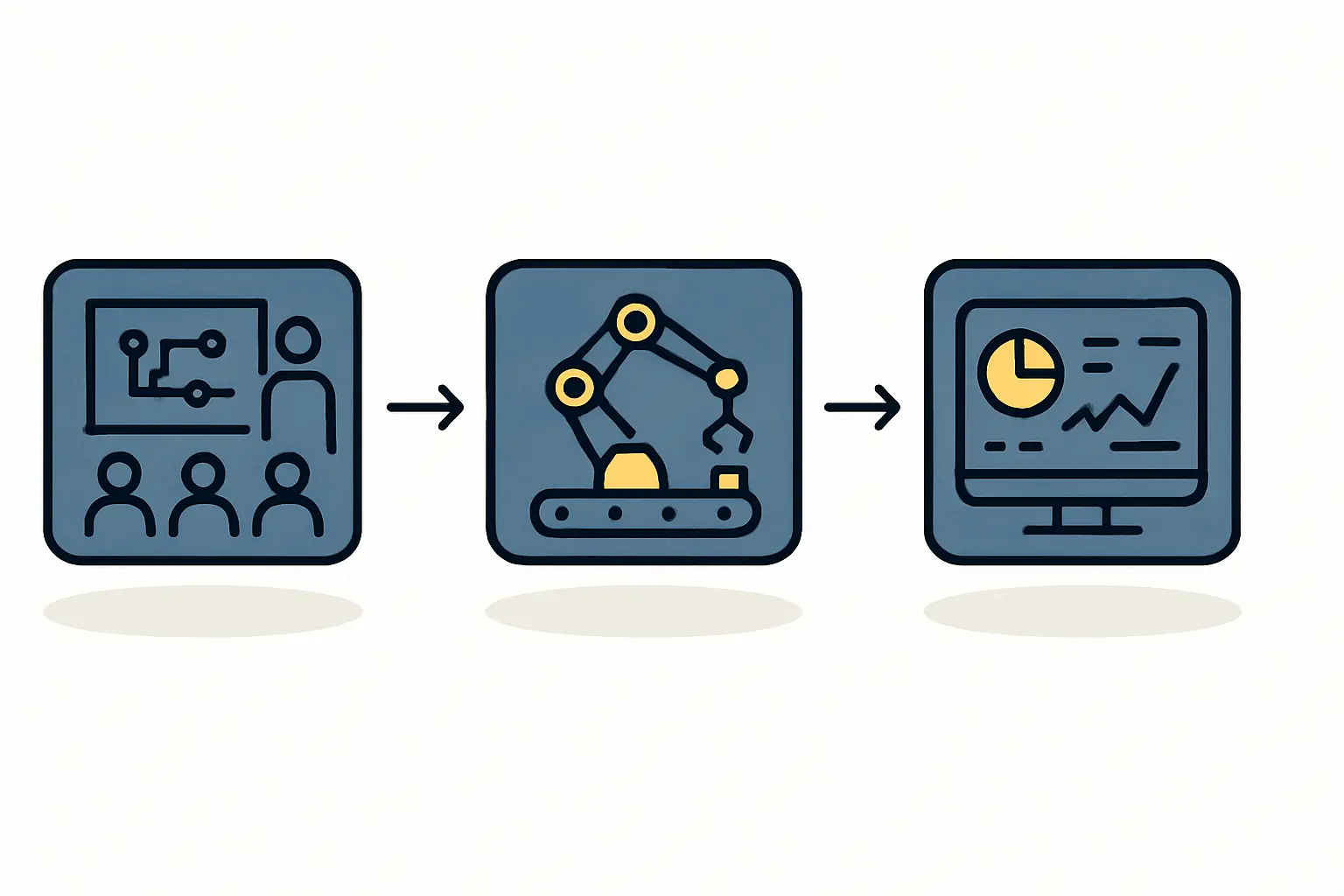
Frequently Asked Questions (FAQ)
What is the ideal educational background for a solar panel factory operator in Indonesia?
A diploma from a vocational high school (SMK) with a focus on mechanical engineering, electrical engineering, or industrial automation provides a strong foundation. However, a candidate’s practical aptitude and positive attitude are often more important than formal qualifications.
How long does it take to train a new team from scratch?
A comprehensive initial training program, covering both theory and hands-on practice, typically requires four to six weeks before the team can begin supervised production. Reaching optimal efficiency and autonomy may take an additional three to six months.
Are there government incentives for workforce training in Indonesia?
The Indonesian government often provides investment incentives that may include support for workforce training, particularly for priority sectors like renewable energy and high-tech manufacturing. It is advisable to consult with the Indonesia Investment Coordinating Board (BKPM) for the latest available programs.
What are the typical wage expectations for production staff?
Wages vary significantly by province, following local minimum wage regulations (Upah Minimum Provinsi, UMP). In major industrial areas, competitive salaries for skilled operators are typically set above the regional minimum wage to attract and retain talent.

